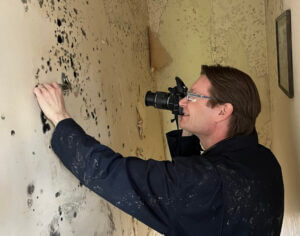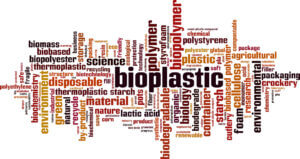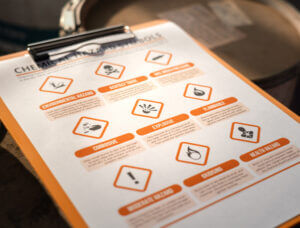In this webinar, Forensic Chemistry Expert Dr James Morris explores the critical role of chemical analysis in forensic science. He introduces key analytical techniques such as chromatography, mass spectrometry, and spectroscopy, and explains how they are used to identify and quantify substances in complex investigations.
James outlines how certain scientific methods can be applied to real-world cases, including cases involving the detection of accelerant residues at fire scenes, investigating chemical contamination of agricultural chemicals, and identifying toxic residues in fire-damaged environments. He emphasises the importance of selecting the right technique for each case and interpreting the results.

 Italiano
Italiano






